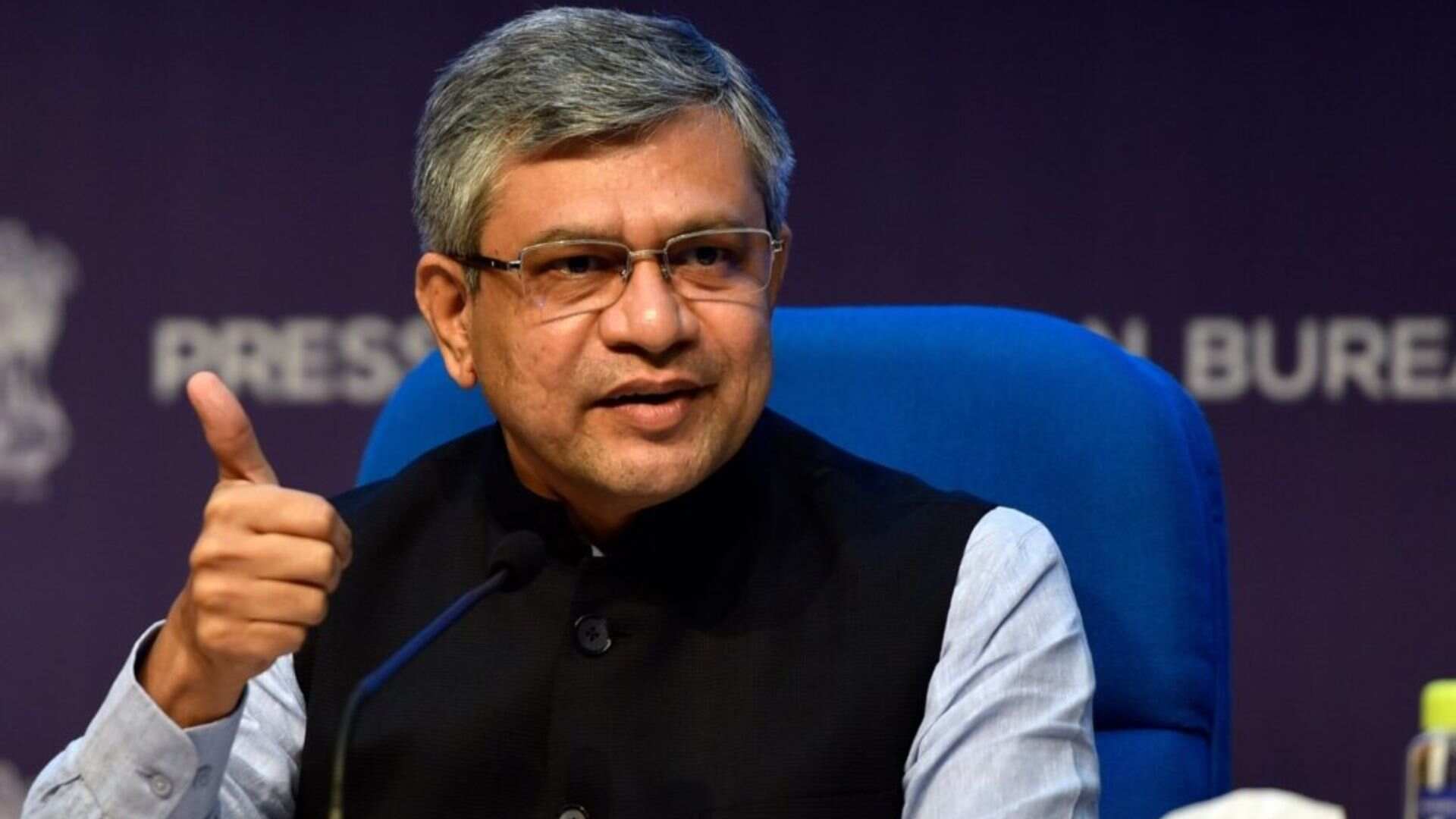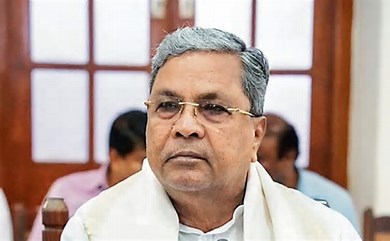
Union IT Minister Ashwini Vaishnaw announced on Saturday that the Ministry of Electronics and Information Technology will soon release the rules under the Digital Personal Data Protection (DPDP) Act, 2023 for consultation. He emphasized that the government’s aim to promote large-scale manufacturing of electronics, components, and semiconductors remains unchanged.
Although the DPDP Act received presidential assent on August 12 last year, its implementation has been delayed due to the pending notification of the corresponding rules. Vaishnaw stated, “Drafting of DPDP Rules is in a very advanced stage. We will start the industry consultation now… Whatever extensive consultations will be required; we will do those. We won’t rush through. We will prefer as consultative a process as we can, like you saw in the Telecom Bill and the DPDP Act.”
The minister highlighted that the DPDP Rules are a top priority, noting that “AI [artificial intelligence] is also a very important item. But first, we have to make sure that DPDP in its digital form comes into shape.” The implementation process will be designed to be digital from the outset. Under the DPDP law, a Data Protection Board will function as a “digital office” to handle personal data breach issues, with an appellate tribunal also operating digitally.
Vaishnaw mentioned that the digital platform for the Data Protection Board is being developed in parallel within MeitY by the National Information Centre and/or Digital India Corporation. He added, “In parallel, we are working on creating the digital by design platform so that the implementation can be done in a digital form, which is a part of the Act. … It will be born digital. That exercise is also going on in parallel.”
While Vaishnaw did not provide specific timelines, he noted that the draft rules have made “good progress,” stating, “I reviewed it after four months and I was quite happy with the draft that was shown to me.” He emphasized that extensive changes would be made to the draft rules based on feedback from various stakeholders, including industry representatives, lawyers, consultants, user groups, the Internet Freedom Foundation (IFF), and government organizations. “We will take all views,” he said.
Since reassuming his role on June 11, Vaishnaw has held at least one meeting within MeitY on the DPDP rules. Previously, in December 2023, the then Minister of State for MeitY, Rajeev Chandrasekhar, had conducted a consultation with the industry on the draft rules.
Vaishnaw reiterated that the DPDP rules are a priority, aligning with the government’s broader goal to create a new digital regulatory framework, including the Telecom Act, the DPDP Act, and the Digital India Act. He pointed out the necessity of recalibrating strategies in response to recent developments like AI and deepfakes, stating, “Obviously, so many things have happened in the recent past. For example, we have seen the destructive power of AI and deepfakes. … Should we recalibrate our strategy, that is a question we need to answer. But yes, we need to definitely have a good legal structure where our society and democracy can be protected from these attacks.”
The IndiaAI Mission, approved by the Cabinet in March with an outlay of ₹10,371.92 crore, remains on track, with officials continuing to work on it despite the recently concluded Lok Sabha elections. Vaishnaw said, “I will be reviewing it next week and then I will be able to give you more details.”
Regarding employment and production in the third term of the National Democratic Alliance (NDA) government, Vaishnaw expressed optimism about doubling both metrics. He stated, “Electronics manufacturing in India is to the order of $125 billion to $130 billion. And it is generating employment for about 20-25 lakh [2-2.5 million]. Accurate measurement in these cases is difficult. … In this term [of NDA], we should be easily doubling it. Employment should go up to 50 lakh [5 million] while total production should go up to $200 billion to $300 billion easily.”
Vaishnaw highlighted continued interest from large manufacturers in setting up plants in India even during the election season. He noted that the Department has been facilitating connections between OEMs (original equipment manufacturers) and component manufacturers to foster synergy.
He also reviewed the progress of semiconductor plants, reporting that “the progress is very good” and that the state governments in Gujarat and Assam are fully supporting the efforts. The Centre has approved four semiconductor manufacturing plants—three in Gujarat and one in Assam—with companies like Micron and Tata on track to meet production timelines.
Vaishnaw discussed collaborations with Singapore’s Agency for Science, Technology and Research (A*STAR) and Taiwan’s Industrial Technology Research Institute (ITRI) for training in semiconductor manufacturing. Micron has also partnered with Ahmedabad-based Nirma University for similar training initiatives.
The government’s approach to setting up the manufacturing ecosystem aims to achieve self-reliance first, followed by export-oriented growth. Vaishnaw noted that India is already transitioning from self-reliance to export-led growth in mobile phone manufacturing, while in laptops and servers, the focus remains on meeting domestic consumption needs. For semiconductors, the aim is a mix of self-reliance and exports, while component manufacturing must be at a global scale to be viable.















